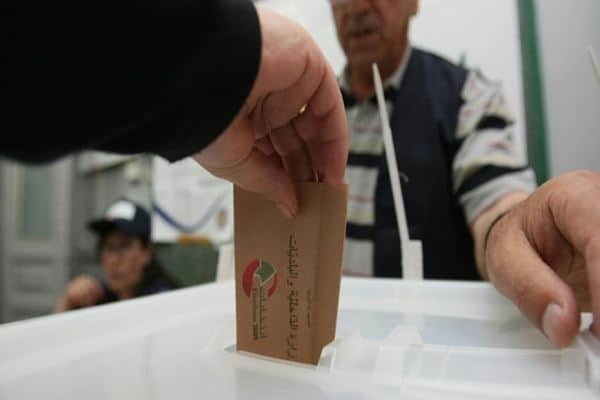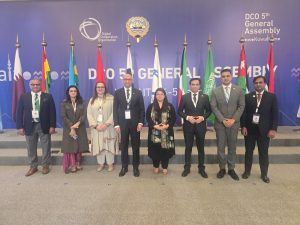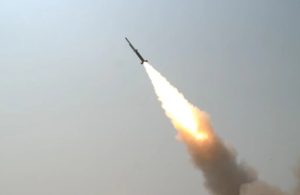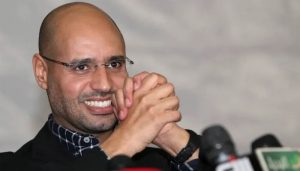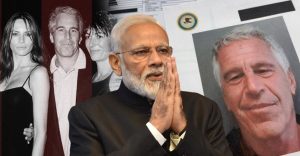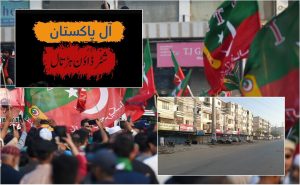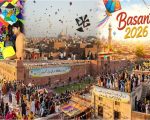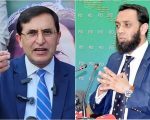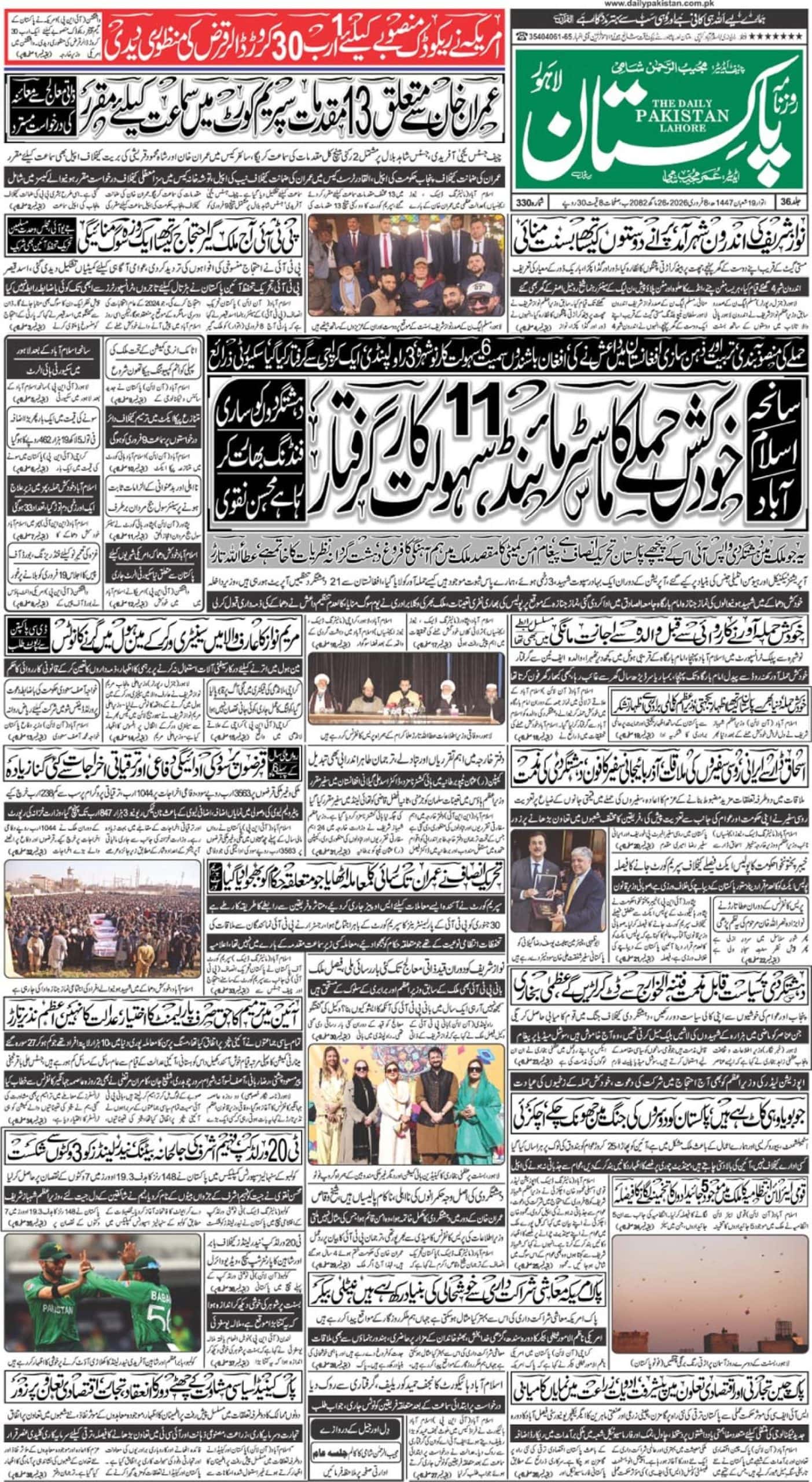BEIRUT – The Polling started on Sunday in Lebanon for the first parliamentary elections in almost a decade.
According to media reports, the last elections in the country were held in 2009, for what was supposed to be a four-year term.
But parliament extended its term twice due to instability in neighbouring Syria, and to reform the country’s electoral laws.
The parliament was given the task of changing the voting system, reducing the number of districts, and allowing expatriate voting for the first time.
The elections are commencing under new electoral reforms in Lebanon.
Official results are not expected until Monday or Tuesday, but analysts expect early details to emerge on Sunday night.
Tens of thousands of Lebanese citizens living aboard already cast their votes earlier this week, the first time such expatriate voting has been allowed.
Lebanon has long had a power-sharing political system between the different religious groups. The number of seats in parliament is split between Christians and Muslims.
The president, the prime minister and speaker of the parliament must each come from a specific religious background.
Current Prime Minister Saad al-Hariri caused a significant political crisis in November, when he left the country for Saudi Arabia, announcing his resignation in a televised address in which Hariri said he feared an assassination attempt.
https://en.dailypakistan.com.pk/world/lebanese-pm-saad-al-hariri-is-back-in-saudi-arabia-and-people-cant-help-but-make-jokes/
He “suspended” his own resignation two weeks later after speaking to President Michel Aoun back in Lebanon, and withdrew his decision entirely in December.
The European Union said it has deployed election observers to all of Lebanon’s voting districts.
Major issues facing the newly-elected parliament include the fate of a large number of refugees who have entered the country since the outbreak of the Syrian civil war and continuing economic difficulties.

